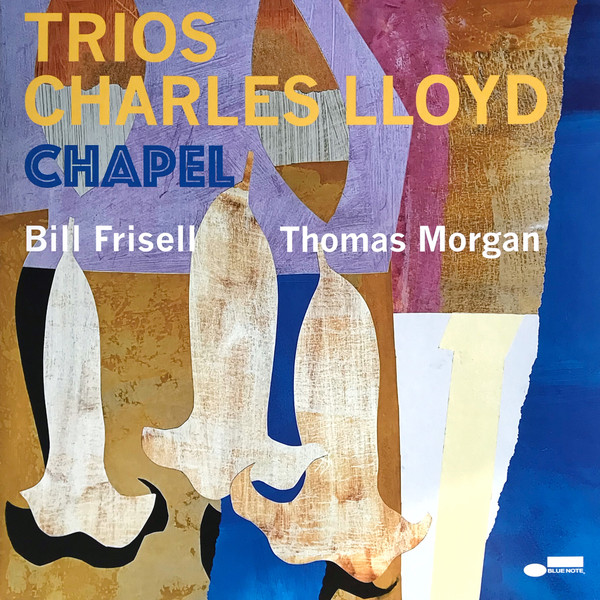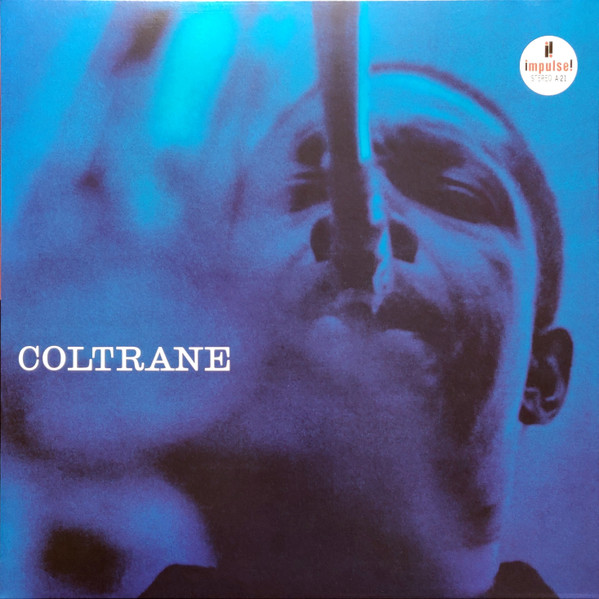By continuing your navigation on this website, you accept the use of cookies for statistical purposes.
Henry Franklin, Adrian Younge & Ali Shaheed Muhammad
Jazz Is Dead 14









A1
Karibu
A2
The Griot
A3
People's Revolution
A4
Memories Lost
B5
Feedback
B6
Café Negro
B7
African Sun
B8
A Song For Sigrid






